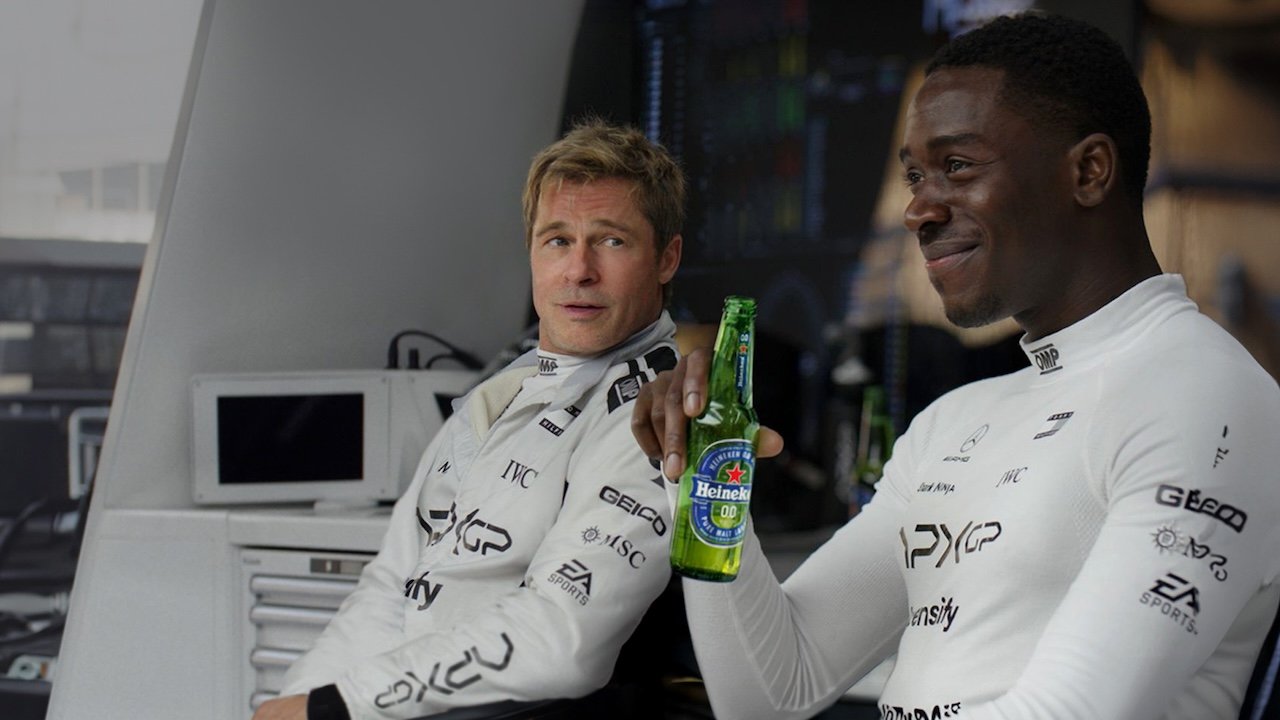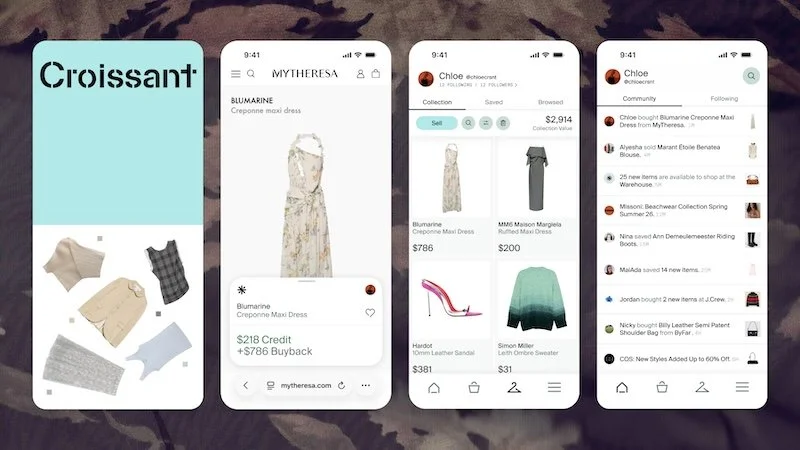Here’s why NFTs are key to the future of fashion in the metaverse
Recent weeks have seen Victoria’s Secret filing trademark applications in the metaverse, Gucci purchasing a plot of land in The Sandbox, and Roksanda debuting an NFT collection at the upcoming London Fashion Week.
The latter is of particular note, according to Amrit Dhami, Thematic Analyst at GlobalData.
“While there is significant uncertainty about what the metaverse will look like, we do know that it will be populated by avatars,” she says.
“Gamers already pay substantial amounts of money for in-game skins, so it stands to reason that metaverse visitors will also naturally invest in clothing and accessories for their avatars.”
NFTs are all about certifying ownership of an asset, receiving something that is personally assigned to you and only you. This is perfect for fashion in the metaverse, Dhami reckons.
The ability to buy fashion, or ‘NFT clothing’, is equivalent to getting a custom made dress or suit, she states.
These clothing items will not only allow people to build up virtual premium fashion wardrobes to express themselves in the metaverse, but these digital versions may become more valuable than their real life counterparts due to their ‘non-fungible’ nature. We have already seen this when the Baby Birkin NFT sold for more than an actual Birkin bag.
Not only that, but the possibilities for digital fashion NFTs are vast, she adds.
“Designers can unleash their creativity without physical barriers like gravity or practicality,” Dhami comments.
“Moreover, designers can use NFTs to build up private communities that get exclusive access to upcoming NFTs, such as Dolce & Gabbana’s ‘DG Family’. The mystique around NFT communities has already spurred extensive media coverage, and there’s no reason why fashion houses can’t use their own metaverse communities to bolster sales.”
With gaming set to be a major part of the metaverse, there is room for collaboration between fashion houses and game developers to create new skins for gamers. From a marketing perspective, multiplayer games present a good opportunity to raise brand awareness and advertise unique outfits to fellow players.
Dhami concludes: “Away from avatars, there is also the potential for fashion shows in the metaverse, with information about the garments overlaid on the runway and viewers able to get a closer look at the fabrics than at a real life show.”










Continue reading…